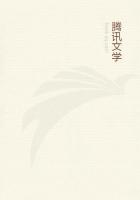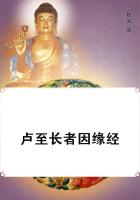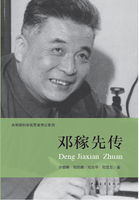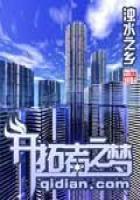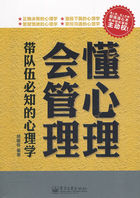But such persons as are habituated to the disease know beforehand when they are about to be seized and flee from men; if their own house be at hand, they run home, but if not, to a deserted place, where as few persons as possible will see them falling, and they immediately cover themselves up. This they do from shame of the affection, and not from fear of the divinity, as many suppose. And little children at first fall down wherever they may happen to be, from inexperience. But when they have been often seized, and feel its approach beforehand, they flee to their mothers, or to any other person they are acquainted with, from terror and dread of the affection, for being still infants they do not know yet what it is to be ashamed.
Therefore, they are attacked during changes of the winds, and especially south winds, then also with north winds, and afterwards also with the others. These are the strongest winds, and the most opposed to one another, both as to direction and power. For, the north wind condenses the air, and separates from it whatever is muddy and nebulous, and renders it clearer and brighter, and so in like manner also, all the winds which arise from the sea and other waters; for they extract the humidity and nebulosity from all objects, and from men themselves, and therefore it (the north wind) is the most wholesome of the winds. But the effects of the south are the very reverse. For in the first place it begins by melting and diffusing the condensed air, and therefore it does not blow strong at first, but is gentle at the commencement, because it is not able at once to overcome the and compacted air, which yet in a while it dissolves.
It produces the same effects upon the land, the sea, the fountains, the wells, and on every production which contains humidity, and this, there is in all things, some more, some less. For all these feel the effects of this wind, and from clear they become cloudy, from cold, hot; from dry, moist; and whatever ear then vessels are placed upon the ground, filled with wine or any other fluid, are affected with the south wind, and undergo a change. And the a change. And the sun, and the moon, it renders blunter appearance than they naturally are. When, then, it possesses such powers over things so great and strong, and the body is made to feel and undergo changes in the changes of the winds, it necessarily follows that the brain should be disolved and overpowered with moisture, and that the veins should become more relaxed by the south winds, and that by the north the healthiest portion of the brain should become contracted, while the most morbid and humid is secreted, and overflows externally, and that catarrhs should thus take place in the changes of these winds.
Thus is this disease formed and prevails from those things which enter into and go out of the body, and it is not more difficult to understand or to cure than the others, neither is it more divine than other diseases.
Men ought to know that from nothing else but the brain come joys, delights, laughter and sports, and sorrows, griefs, despondency, and lamentations. And by this, in an especial manner, we acquire wisdom and knowledge, and see and hear, and know what are foul and what are fair, what are bad and what are good, what are sweet, and what unsavory; some we discriminate by habit, and some we perceive by their utility. By this we distinguish objects of relish and disrelish, according to the seasons; and the same things do not always please us.
And by the same organ we become mad and delirious, and fears and terrors assail us, some by night, and some by day, and dreams and untimely wanderings, and cares that are not suitable, and ignorance of present circumstances, desuetude, and unskilfulness. All these things we endure from the brain, when it is not healthy, but is more hot, more cold, more moist, or more dry than natural, or when it suffers any other preternatural and unusual affection. And we become mad from its humidity. For when it is more moist than natural, it is necessarily put into motion, and the affection being moved, neither the sight nor hearing can be at rest, and the tongue speaks in accordance with the sight and hearing.
As long as the brain is at rest, the man enjoys his reason, but the depravement of the brain arises from phlegm and bile, either of which you may recognize in this manner: Those who are mad from phlegm are quiet, and do not cry out nor make a noise; but those from bile are vociferous, malignant, and will not be quiet, but are always doing something improper. If the madness be constant, these are the causes thereof. But if terrors and fears assail, they are connected with derangement of the brain, and derangement is owing to its being heated. And it is heated by bile when it is determined to the brain along the bloodvessels running from the trunk; and fear is present until it returns again to the veins and trunk, when it ceases.

